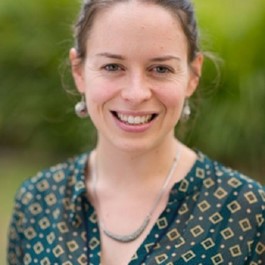Women Terrorists in Indonesia: a case of ‘lone wolf’ or developing trend?

Recently, in Indonesia the involvement of women in Islamic State-inspired extremist activities has received considerable media coverage. Most notably, on 31 March 2021, a 25-year-old woman attacked the police headquarters in South Jakarta and was shot dead. Police chief Prabowo described it as a ‘lone wolf attack’. Although the number of attacks committed by women remains small in Indonesia, analysts suggest that recent activity is attributed to a change in Islamic State’s structure, allowing women to commit violent attacks. Historically, women involved in Islamist militancy were limited to domestic and supportive roles. Analysis of women’s extremist activity needs to evolve beyond simplistic stereotypes that dominate the framing of these activities in media accounts, and academic and policy work. Typically, women’s personal motivations are emphasised, rather than accounting for their agency and choice, or they are not taken seriously as political actors. This paper draws on feminist analysis of women’s involvement in political violence, including terrorism, which theorises women’s involvement in violence beyond a simplistic victim versus agent perspective. The paper argues that women agency and choice in the Indonesian context needs to account for a range of personal and political reasons that encompass individual and family-based reasons and motivations, and identification and support of a broader political agenda espoused by Islamic State.
Biography
Dr. Kate Macfarlane is a Senior Lecturer in Southeast Asian Studies in the College of Indigenous Futures, Education, and the Arts. She is an International Relations/Political Science scholar, who focuses on children and armed conflict, peacebuilding, human security, gender in Southeast and South Asia. Recently, Kate’s research focused on the reintegration experiences of former child soldiers in Sri Lanka and Nepal. She completed six months of fieldwork in both countries. Kate is the 2018-2019 Fox Fellowship (Yale University) ANU representative. She received an Australian Postgraduate Award (APA) Scholarship, and an Australian Government Endeavour Fellowship (2018). Kate speaks Mandarin Chinese, and spent several years studying and working, primarily in the development sector. For more see, Dr Kate Macfarlane’s staff profile.
